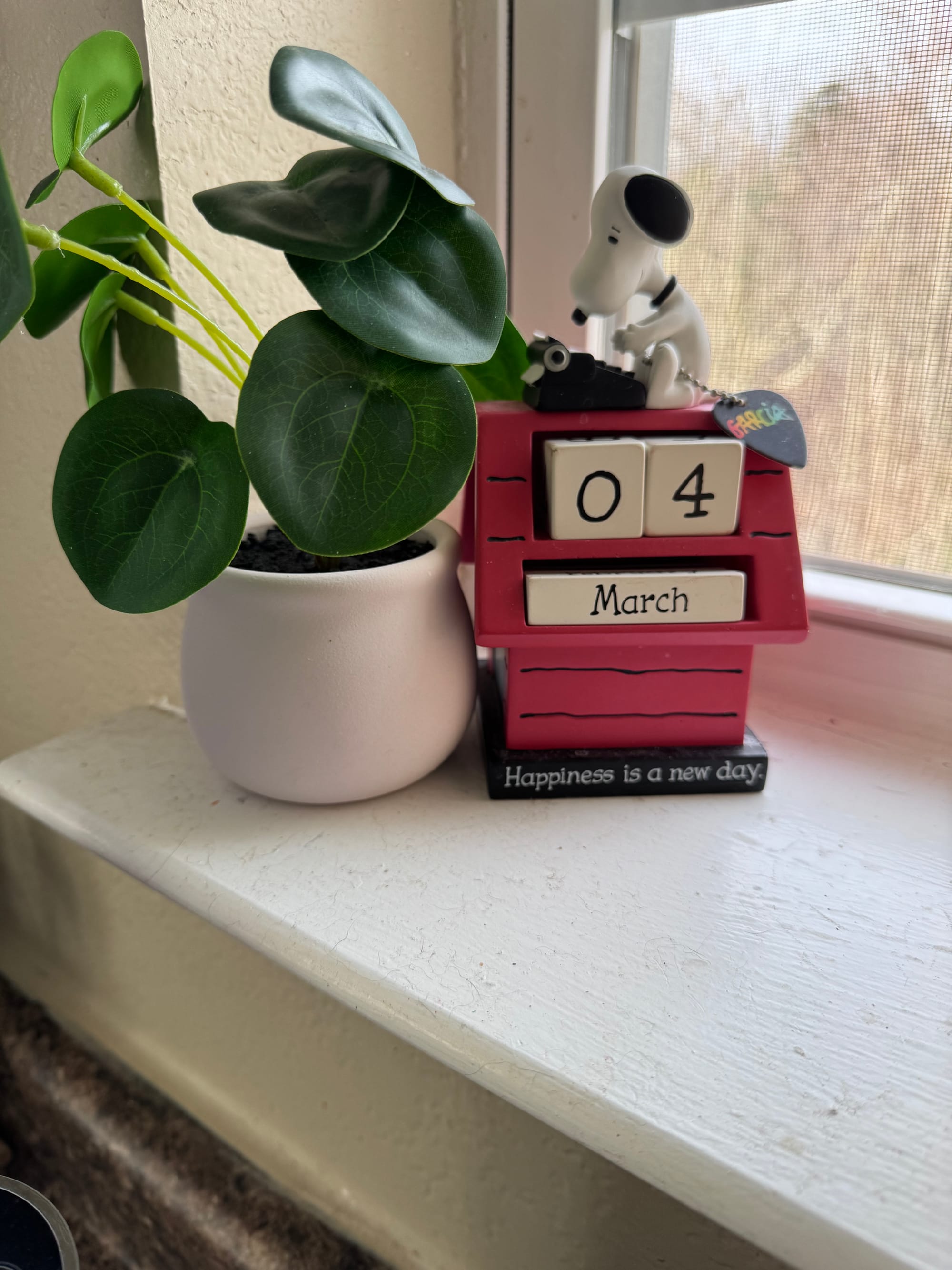Dreamer’s World - The Ingredients To A Good Story

There are many secrets to a great story. Without these ingredients, most tales will fail miserably because nothing will hold the reader’s attention.
Kindness is essential to a good story because it draws the reader in without threatening or unpleasant images, whether real or imaginary. Everyone wants to feel welcomed when they take the time to start reading a story. Kindness makes them more likely to read the story all the way through.
Kindness also benefits the storyteller. Writing about a subject that makes you happy or that you are passionate about and want to share with everyone else is less stressful. Writing is a personal form of teaching in many ways. We explore our inner selves and then share with the rest of the world. We learn through our experiences what we can and can not do based on our natural ability and what we want to do badly enough that we will work on it to get better. Learning to be Kind to oneself and others is a necessary lesson for all of us.
The next essential element to any good story is including details. Make sure that the reader can immerse themselves in the story you create. If you describe your character walking down a street, what do they see? Buildings? Cars? People? Is it a sunny day, or is it raining? If they pass a window, do they smell cooking? Describe what people are wearing or what they are talking about. Tell the reader about the trees along the street, the dirty sidewalk, or the runaway elephant charging down the street and crushing every Starbucks it sees. Let the reader see exactly what you are describing to them/
Next, we come to Patience. Telling a good story requires patience with each step you take. The temptation to write something quickly is intense at times. Still, meeting some artificial deadline we impose on ourselves is only advantageous. Most writers about the subject admit that they spend much time on their work. Why shouldn't we? The details we already covered can be very complex. It takes time to ensure that things match and that continuity is maintained throughout your story. Nothing is worse than a reader getting caught up in the mistakes we make in writing because we hurry through our tasks instead of taking our time.
Remember to use Humor in your writing. If you can make people laugh, you have their attention and don't want to lose it. Givre your story depth, and throw in amusing anecdotes that are related to the tale you are telling. Point out a flaw in yourself by highlighting an embarrassing moment. Show the ability to laugh at yourself and not lose your self-respect. My cousin wrote brilliant human interest stories for my hometown newspaper. She won awards and was inducted into the Kentucky Journalism Hall of Fame for her work. Most of her stories focused on herself and her family. She wrote about their pets, vacations, scraped knees, first dates, proms, cheerleading, band, college, and marriage. Every one of her stories was a masterpiece because it was real. She never fabricated events. She let life show her how wonderful and screwed up things really are.
Finally, we come to Honesty. I just mentioned that when talking about my cousin and her writing career. If you write about yourself, then be HONEST! If you write fiction, then write fiction with an honest approach. Don't create a word salad and think it is good writing because it isn't.
There is a lot to learn and remember about telling a good story and being a good writer. The journey is never-ending.
Be kind to each other.
